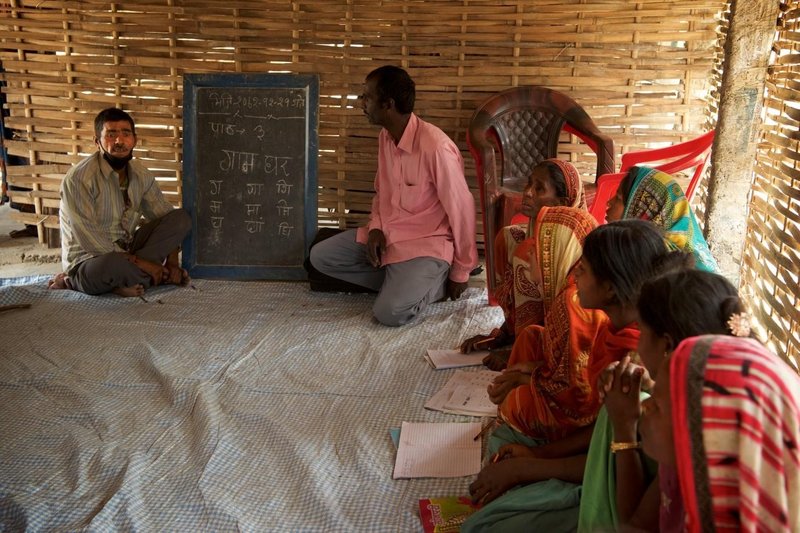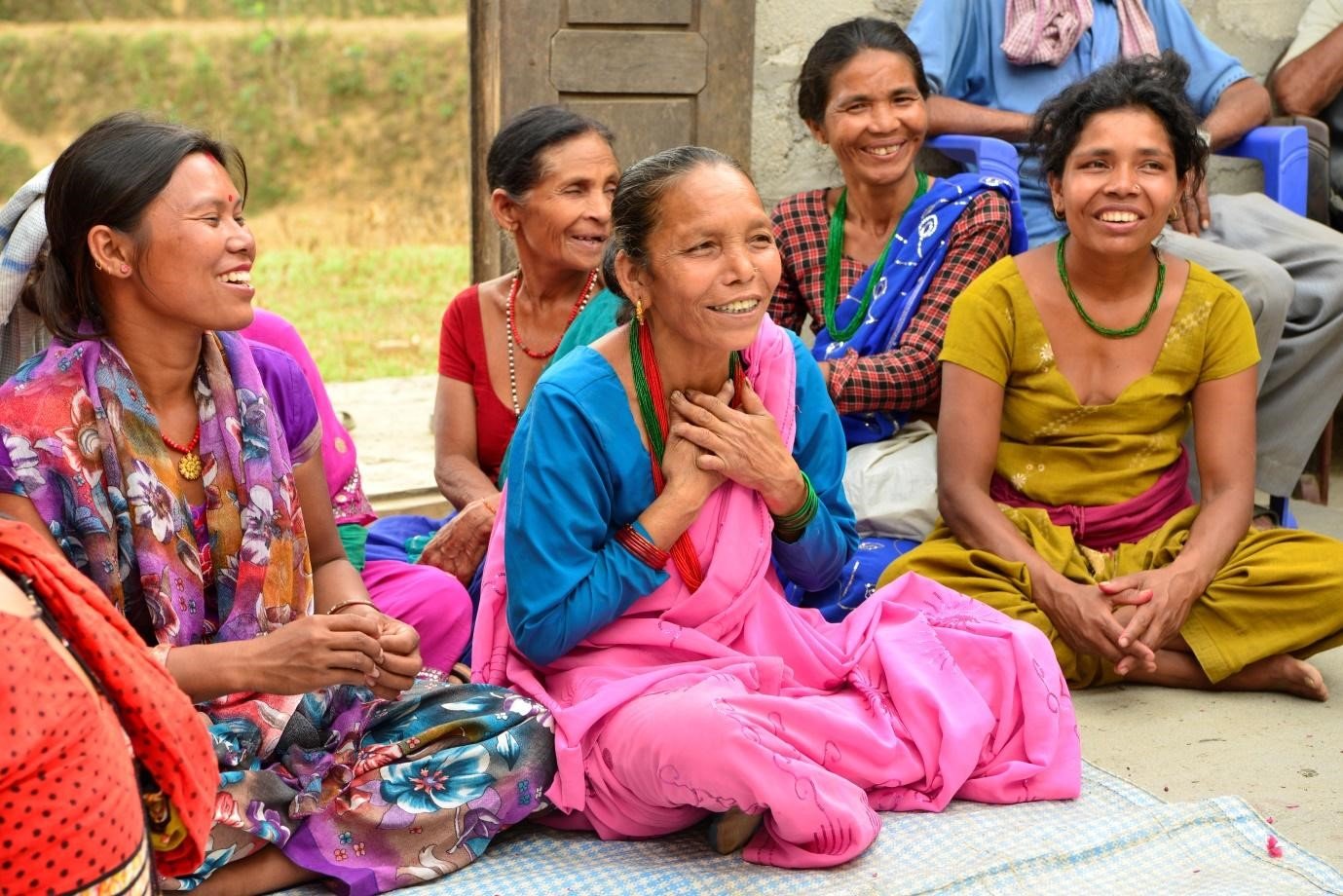
Kishori Yadhav was terrified when he found out he had leprosy. Members of his village in Dhanusha district in Nepal still believed in the myths surrounding the disease and he feared being banished from his home. Even his wife kept her distance, saying hurtful things to him.
In the district of Ranichuri, also in Nepal, Patili Maya faced another sort of stigma and discrimination. She was forbidden from using the road leading to the local school. It was a rough, badly maintained road but even so, some members of the local community told her it was off limits for her because she had leprosy.
An ancient affliction
Leprosy still affects some of Nepal’s poorest communities. It perpetuates poverty and disability, and stigmatises those affected. This stigma prevents people – especially women – from participating socially in their communities.
The disease has long been misunderstood and with it, those affected. Throughout history people affected by leprosy have endured banishment, fear and suffering. They were consigned to leper colonies away from their communities and their families.
Even today this stigma is one of the main reasons leprosy still exists. Those who suspect they have it would rather suffer in silence than admit to having a condition that could lead to their separation from family and friends and the loss of work.
Leprosy is a bacterial infection, which damages the nerves and muscles particularly around the face, hands and feet. Prolonged infection can lead to the shortening of fingers and toes, mobility problems and even lead to blindness. All this in addition to the social stigma.
Contrary to popular belief, leprosy isn’t easily passed on. Though transmitted via expectorate from sneezing or coughing, contracting leprosy usually only happens with the regular close contact of family groups.
Treating leprosy is straightforward, using a combination of donated antibacterial drugs to tackle the infection and physiotherapy to rebuild muscle strength and mobility.
Addressing the stigma however, can be more complicated.
Promoting self-care
To overcome the stigma, the RECLAIM project has trained affected men and women to run local self-care groups. These groups encourage people to seek treatment and provide support to others affected. These self-care groups evolve into self-help groups, offering literacy classes and providing services to their communities.
The RECLAIM project, implemented by the Nepal Leprosy Trust with support from American Leprosy Missions, tracked the impact group membership had on poverty. The project demonstrated that self-care group membership can lead to improved social inclusion and more productive lives.
An assessment of 50 groups comprising almost 900 people revealed that most members voluntarily became involved in community development activities. After three years, the study found that many had significantly improved their financial situation.

Patili joined the Ranichuri self-help group and together they repaired the same road she was once forbidden to use because of her leprosy. Now the children have easier access to their local school.
Kishori made changes which turned his life around as well. After treatment at the Lalgadh Leprosy Service Centre the staff there taught Kishori and his wife about leprosy and the challenges that people affected with it face. He joined a self-care training course hosted by the centre and took the new skills he acquired back to his village.
He now leads a self-help group that organised basic literacy training for Dalit or ‘untouchable’ women. The group also provides low-interest loans for members from their monthly savings scheme. Kishori now enjoys respect from his community and most importantly, his wife.